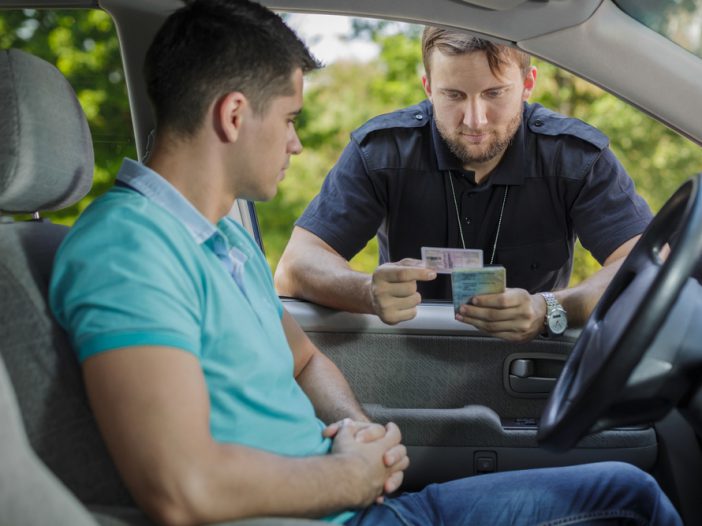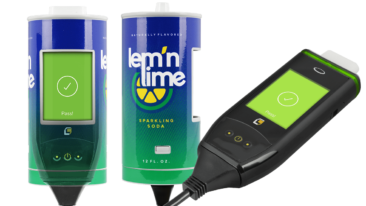
What is an Ignition Interlock Limited License?
Drunk driving is a nationwide problem that endangers all Americans. According to the CDC, 29 American citizens die per day in motor vehicle crashes that involve an alcohol-impaired driver. As an attempt to cut into these morbid figures, in 2017, Pennsylvania joined the 30 other states that impose stricter mandatory sentencing for first-time DUI offenders. By requiring ignition interlock installation, the state hopes to protect its motorways by reducing the frequency of drunk driving cases and cutting down recidivism.
With these new amendments to the law comes some changes that will affect all Pennsylvania motorists. Now, if you’re convicted of driving under the influence of alcohol, you’ll need to apply for an ignition interlock limited license petition; although, your eligibility will depend on the particulars of your DUI violation. Below, we’ll discuss everything you need to know about ignition interlock limited licenses, so you can get back on the road post haste.
What the Laws Changed
Bill HB1357 was passed unanimously by the Pennsylvania Senate. It made two primary changes to DUI sentencing and laws:
- First-time drunk driving offenders who blow a .1 blood alcohol concentration or higher are required to have an ignition interlock device installed in their vehicles in order to drive.
- If their license is suspended, DUI offenders have the ability to submit an ignition interlock limited license petition. If the petition is granted, a limited license will be given to the pursuant so long as they demonstrate that they’ve installed an ignition interlock device in their vehicle.
Lawmakers hope stringencies such as these will result in a dramatic cutback in needless lives lost by preventing repeat offenders from making the decision to get behind the wheel of their vehicle under the influence of alcohol.
What is an Ignition Interlock Limited License?
If you’re facing a DUI conviction and wish to have driving privileges, you’ll have to apply for a PA ignition interlock limited license (IILC). In order to satisfy the conditions pertaining to this restricted license, you’ll have to demonstrate that any motor vehicle you drive be equipped with an IID and continue to do so for the entirety of the restricted license period. If you don’t have a car registered under your name and don’t plan on driving for a year, you must fill out paperwork certifying this.
Depending on the particulars of your case, you may or not be eligible to qualify for the license immediately. The ignition interlock limited license eligibility chart looks as follows:
- 1st time DUI Offense
- Refusal to submit to Chemical Testing – 1-year interlock period, 12-month license suspension of which you must complete at least 6 months of prior to obtaining an IILC.
- General Impairment (BAC of .08-.099) – No license suspension and no ignition interlock requirement.
- High Rate (BAC of .1 to .159) – 1-year interlock period, 12-month suspension, and instant eligibility for an IILC.
- Highest Rate (BAC of .16+) – 1-year interlock period, 12-month suspension, and instant eligibility for an IILC.
- 2nd time DUI Offense
- Refusal to submit to Chemical Testing – 1-year interlock period, 18-month license suspension of which you must complete at least 9 months of prior to obtaining an IILC.
- General Impairment (BAC of .08-.099) – 1-year interlock period, 12-month license suspension of which you must complete at least 6 months of prior to obtaining an IILC.
- High Rate (BAC of .1 to .159) – 1-year interlock period, 12-month license suspension of which you must complete at least 6 months of prior to obtaining an IILC.
- Highest Rate (BAC of .16+) – 1-year interlock period, 18-month suspension of which you must complete at least 9 months of prior to obtaining an IILC.
- 3rd time or Subsequent DUI Offenses
- General Impairment (BAC of .08-.099) – 1-year interlock period, 12-month suspension of which you must complete at least 9 months prior to obtaining an IILC.
- High Rate (BAC of .1 to .159) – 1-year interlock period, 18-month suspension of which you must complete at least 9 months prior to obtaining an IILC.
- Highest Rate (BAC of .16+) – 1-year interlock period, 18-month suspension of which you must complete at least 9 months prior to obtaining an IILC.
Getting Started
If you wish to get back on the road after a DUI conviction, you’ll have to fill out the Pennsylvania Ignition Interlock Limited License Petition. After that, you’ll need to have an ignition interlock device installed in your vehicle. If you’re interested in enlisting the services of an IID provider such as Low Cost Interlock, reach out today and their professional bilingual customer support staff will help get you started!
Sources:
CDC. Impaired Driving: Get the Facts. https://www.cdc.gov/motorvehiclesafety/impaired_driving/impaired-drv_factsheet.html
PADMV. .08 DUI Legislation. https://www.dmv.pa.gov/Information-Centers/Laws-Regulations/pages/dui-legislation.aspx
PADoT. Ignition Interlock Limited License Petition. http://www.dot.state.pa.us/Public/DVSPubsForms/BDL/BDL%20Form/DL-9108-9108SC.pdf

